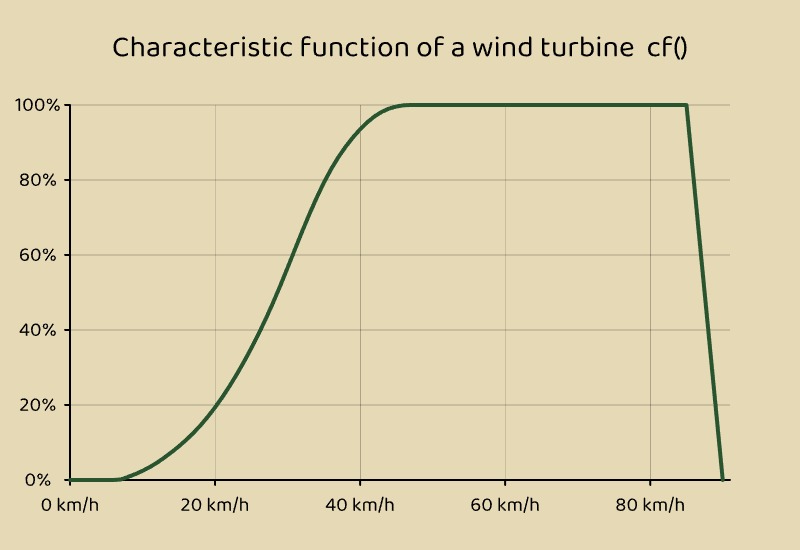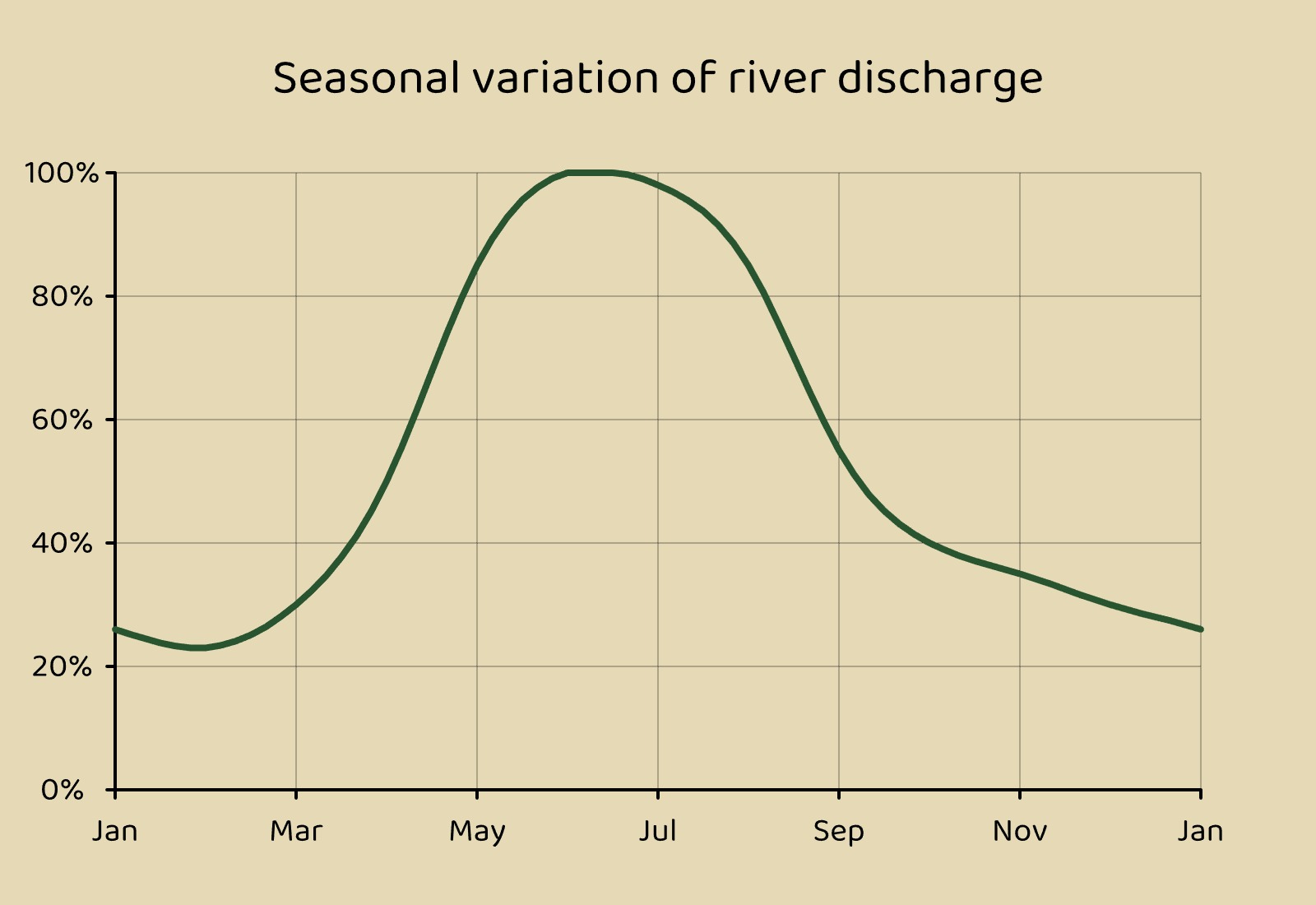Power Facilities are integral for electricity generation within the game. Upon starting, you begin with a single steam engine. Initially, only the steam engine, watermill, and windmill are available. However, researching technologies will unlock additional power facilities.
For more information about building power facilities, see Starting a Project.
Power Facilities within Energetica are classified into five categories, each offering different characteristics and functionalities.
Fossil Fuel Family
- Steam Engine
- Coal Burner (Coal)
- Gas Burner (Gas)
- Combined Cycle (Gas + Coal)
- Nuclear Reactor (Uranium)
- Gen4 Nuclear (Uranium)
These facilities are controllable, emit CO2, and require fuel for operation (except for the steam engine).
Wind Family
- Windmill
- Onshore Wind Turbine
- Offshore Wind Turbine
These facilities are non-controllable, do not emit pollutants during operation, and their power output varies based on wind conditions.
Hydro Family
- Watermill
- Small Water Dam
- Large Water Dam
Similar to wind facilities, these are non-controllable, emission-free during operation, and their output varies during the year based on river discharge rates.
Solar Family
- Concentrated Solar Power
- Photovoltaics
These facilities are also non-controllable, emission-free during operation, and their output varies based on solar irradiance levels.
Power Generation of Renewable Facilities
Renewable power generation is non-controllable, meaning their power output is determined by specific calculations, regardless of the demand. Any surplus generation needs to be either stored or dumped.
Solar Power Generation
The power generation of solar facilities is influenced by the irradiance level at the facilities location. The irradiance is variable in time and space so different instance of a facility might generate different amounts of electricity. The irradiance at the center of the player's tile is visible on the Dashboard. For more information about the weather simulation, see Solar Irradiance.
The formula for total power generation of solar facilities:
-
\(P_s(t) = \sum_{n} \frac{ irr_{n}(t) }{1000W/m²} \times P_{max,n} \)
where \(irr_{n}\) is the current irradiance at the location of facility \(n\) in W/m², \(1000 W/m²\) is the maximal irradiance and \(P_{max,n}\) is the max power generation of the facility \(n\).
Wind Power Generation
The power production of wind facilities is influenced by the current wind speed at the facility's location. The wind speed is variable in time and space so different instances of a facility might generate different amounts of electricity. The wind speed at the center of the player's tile is visible on the Dashboard. For more information about the weather simulation, see Wind Speed.
In addition to this, each wind speed instance has an attributed wind speed multiplier that represents the exposure of the location to wind. The more wind facilities a player builds, the less efficient they will be. See Wind Potential for more details.
The power production of a wind facility is calculated using a characteristic function:

The formula for the power generation at time t of all wind facilities is:
-
\(P_w(t) = \sum_{n} cf(ws_{n}(t)) \times P_{max,n} \)
where \(cf()\) is the characteristic function shown in the graph above, \(ws_{n}\) the current wind speed for the specific instance \(n\) (see Wind Potential) and \(P_{max,n}\) is the max power generation of the facility.
Hydropower Generation
Hydropower generation fluctuates with the change in river discharge rates, following seasonal patterns within the game's timeline.

Formula for total power generation of hydropower facility type i:
-
\(P_h(t) = \sum_{n} sv(t) \times P_{max,n} \)
where \(sv\) is the seasonal variation shown in the graph, \(t\) is the in-game date ( 1 in-game year = 9 real-time days) and \(P_{max,n}\) is the max power generation of the facility instance n.
Note that the building and operational costs of hydro facilities increase with each new instance, reflecting the difficulty of constructing in increasingly hard-to-access locations. See Hydro Potential for more information.
Power Generation of Controllable Facilities
Controllable facility power generation must adhere to the ramping constraints of each facility from one game tick to the next. The ramping speed, expressed in W/min, applies both to ramping up and down.
For instance, a controllable facility with a ramping speed of 10 kW/min, generating 100 kW, can vary its output between 90 and 110 kW in the following minute (in-game time). Unused minimal power may need to be dumped to satisfy the ramping down constraint.
The order of priority in which the controllable facilities are used can be adjusted by the player. See Power management for details.
Use of Resources
Except for the steam engine, controllable power facilities consume resources (fuel) for operation.
The fuel usage is measured in kg/MWh, indicating that fuel consumption is proportionate to the electricity generated. In cases where a facility lacks sufficient fuel to produce a specific amount of electricity, it will cap its maximal production according to the available fuel stocks.
Thermodynamics influences facility efficiency, decreasing fuel consumption per unit of energy.
CO2 Emissions
CO2 emissions are calculated based on the fuel usage of a facility and are expressed in kg/MWh. Similar to fuel consumption, CO2 production correlates with the amount of power generated. CO2 emissions affect the shared atmosphere among all players, influencing the game's climate. Refer to Climate Change for more details.